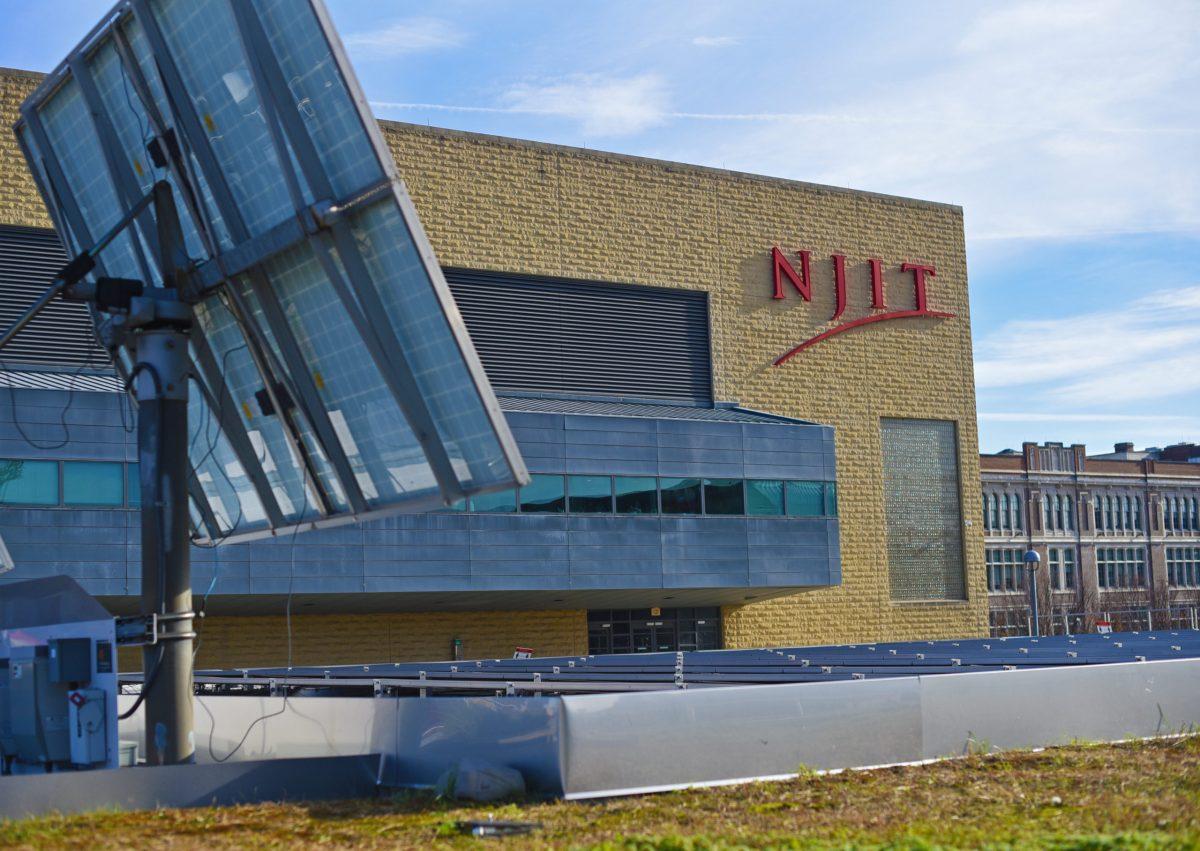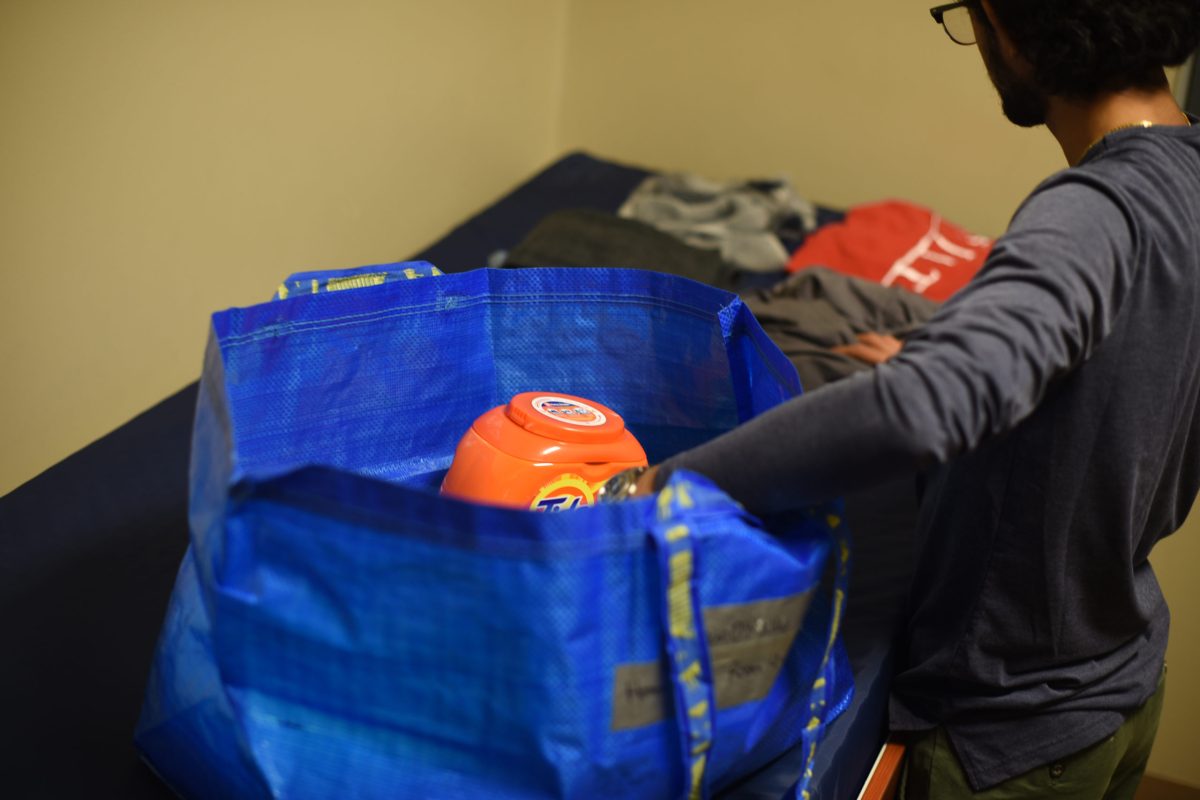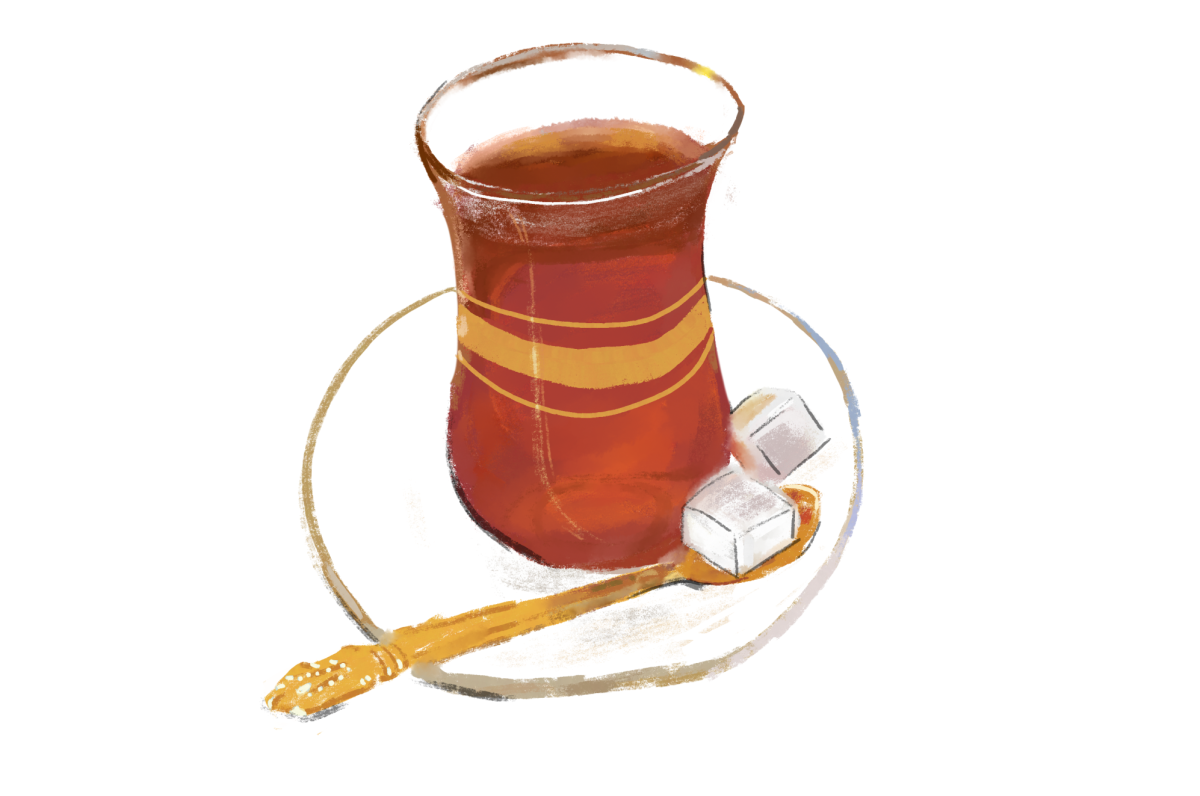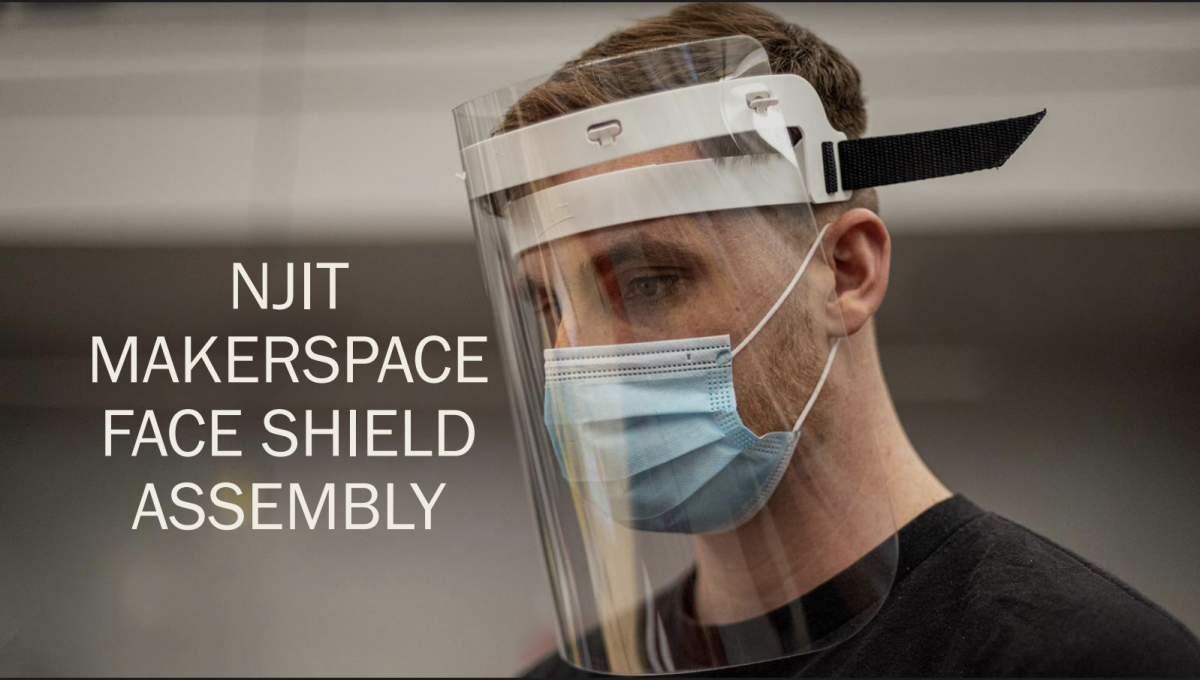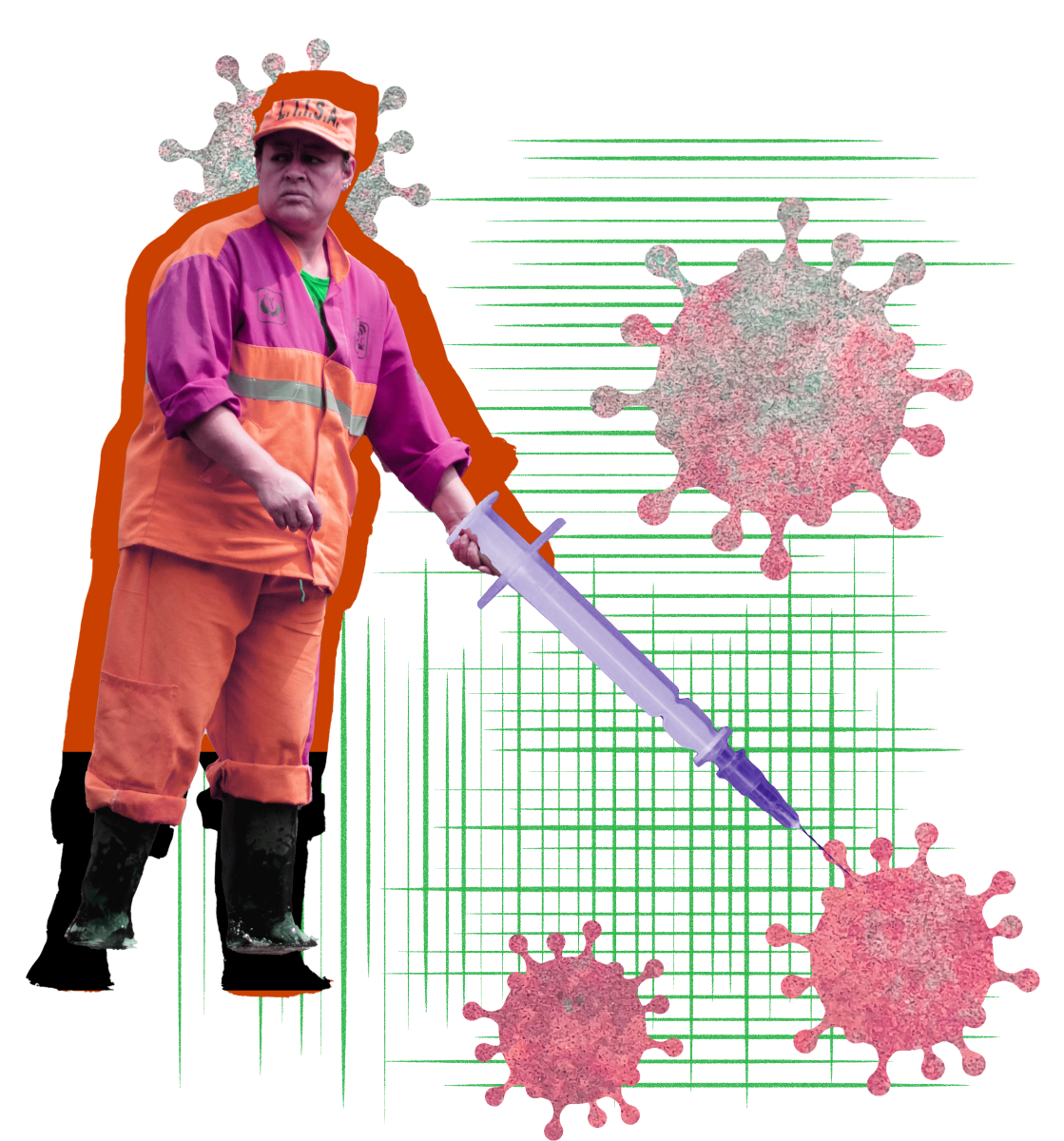The Director’s Project one act plays are something that occur every year for the New Jersey Institute of Technology (NJIT)/Rutgers’ theatre program. This event allows burgeoning directors taking a directing class to immerse themselves in the directing process from selecting a play, hosting auditions, selecting a class and bringing their selected play to life. Normally, this event would be a way to connect with actors and the audience through the exploration of space within the walls of the Jim Wise Theatre. This year, that vision will be a little different because COVID-19 precautions and restrictions.
“It’s a little weird to be going through this process online,” said Alana Garcia, a Communications and Media/Theatre double major at NJIT. “We’re forced to make artistic decisions in a very unique space that provides new challenges.” Among these challenges are conquering communication technology, finding ways to set scenery and streaming to an audience sitting in front of their computers.
These challenges will be prevalent throughout the planned season for NJIT/Rutgers’ theatre program and NJIT’s music and improv seasons. Because of the restrictions put in place by the federal government and State of New Jersey, the program has been forced to adapt and overcome to ensure the safety of their students and patrons while ensuring that the show goes on.
“Our mantra is a quote by Chita Rivera,” said Michelle Rittenhouse, NJIT Director of the Theatre Arts and Technology division and co-coordinator of the Joint Theatre Program between NJIT and Rutgers University-Newark. “These are different rules, but we are still artists with the same responsibility. These evolving rules caused the postponement of offering Production Lab and Stage Management courses for the fall and Spring semester … [which are] hands-on courses that build sets and work with productions.” Said Rittenhouse. We are working on bringing them back in the Fall of 2021 as they are essential courses for our joint programs.”
The postponement of hands-on courses is a direct result of the restrictions the program is working with that are outlined in The White House’s Guidelines for Opening Up America Again and The State of New Jersey’s The Road Back: Restoring Economic Health through Public Health.
“I was involved in the planning of our operational protocols and participated in the university’s overall pandemic recovery planning process,” said Raymond E. Gintner IV, Manager of Theatre Operations for the Jim Wise Theatre. “The goal of the theatre operations planning was to maximize possible functionality while keeping the population safe.” Some of the safety precautions being taken include wearing face coverings, PPE for staff and students, adhering to gathering limits and physical distancing. These newly implemented safety precautions come at a price though. “An unfortunate downside is that it increases the cost of events: they will require more time, special planning, and more people working to keep everybody safe.”
With these safety precautions in mind, the theatre department has adapted and adjusted to ensure a Fall 2020 – Spring 2021 season to the students of NJIT/RU and citizens of Newark. The fall show is slated to be the Director’s Project, a traditional play is planned for March, and the spring musical will be held in April with the hope to be able to host a live performance. Professor Louis Wells, a senior lecturer for the NJIT theatre arts program and humanities department and artistic coordinator of the Joint Theatre Program for Rutgers and NJIT, offers a unique insight into what teaching during a pandemic is like.
“As a theatre artist, my approach to teaching is very much like a performer,” said Wells. “So, the most difficult thing for me personally, is not having the students in the room.” Wells is not alone. According to NJIT’s Pandemic Recovery Plan, the majority of lecture courses at the 300- and 400- level are being offered in the synchronous online mode. The synchronous online mode is another way of saying that the class is being offered “live” online and that students are expected to attend class at the scheduled time. These classes allow professors and students to have an open dialogue and receive real time feedback, but have severe drawbacks for students in some arts classes. “In improvisation class, in order to feel free to take the risks of making up material in front of an audience, it helps to be together with other people so that you feel like you’re sharing that risk,” says Wells. “That way you don’t feel the burden of being the one to screw up. They feel that, but they feel it more acutely in this siloed environment.”
Despite the challenges, the NJIT/Rutgers’ Theatre Arts Department is moving full steam ahead, adapting to the unique challenges of today’s world and delivering both education to its students and creating arts for the masses.
“When we explore the empathy of storytelling in music and theatre, it doesn’t matter how or where it is done, it only matters that it is done and the audiences come away moved and enlightened and entertained,” said Rittenhouse. “You can’t stop the arts from being. Without them, we become inhuman.”
It was echoed to me by all the people interviewed in this article that the easiest way to support the theatre, music and arts programs this semester is to tune in. Performances are still being conducted and have been moved to an online only format. To get a full schedule of events and find out how to watch, please visit https://theatre.njit.edu/.






























